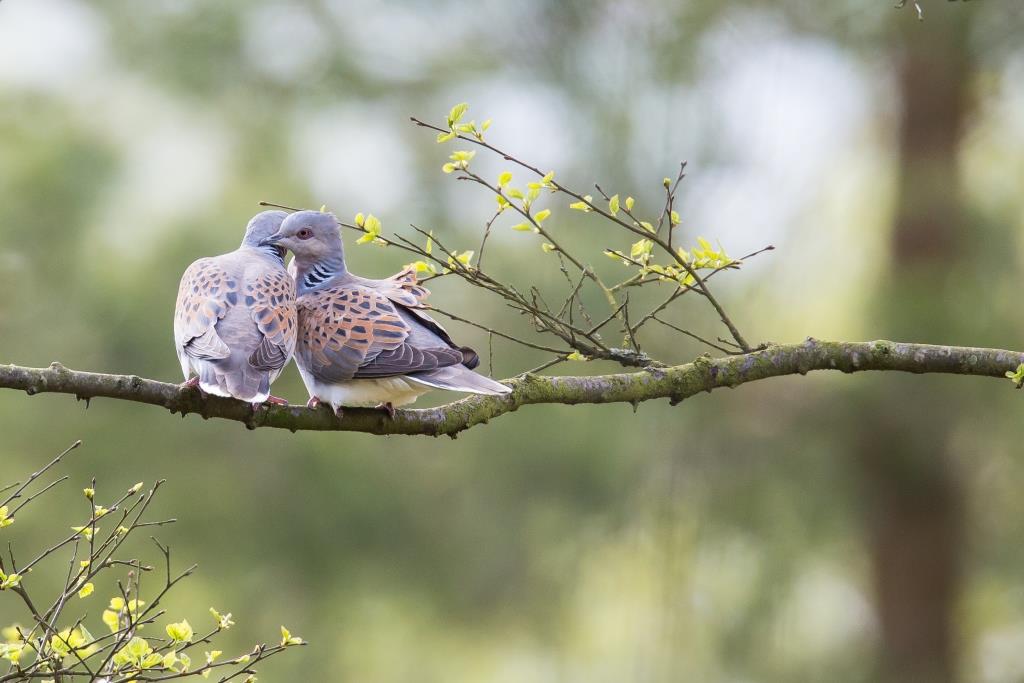
Jamie Wyver, from Operation Turtle Dove, comments on this week’s publication of the second State of Nature report…
As our turtle doves head off to Africa for the winter this week, conservation experts have been flocking to the launch of the second State of Nature report. Fifty three conservation organisations joined forces to produce the report, which takes the temperature of Britain’s wildlife. The State of Nature draws on data collected by thousands of volunteers who monitor nearly 8,000 wildlife species.
The report reveals that 56% of the species studied have declined since 1970. In fact more than one in ten (1,199 species) are under threat of disappearing from our shores altogether.
The reasons for these declines are outlined, with policy-driven intensive management of farmland identified as having the biggest impact on native wildlife.
It’s reasonable to expect land management for agriculture to have an effect, as farmland covers around 75% of Britain’s land mass. Because of this, farming also presents the biggest opportunity to address the serious conservation issues we face.
The report contains some positive news from farmland. The overall decline in farm wildlife has slowed in recent years, compared with the high rate of loss in the 1970s. The implication is that measures farmers are taking to restore lost habitat for wildlife, often with the support of agri-environment agreements, are starting to have a positive impact. For example, farmers have been providing beetle banks, wildflower-rich grass margins for pollinators and seed-eating birds, and undrilled patches to form ‘skylark plots’, making space for these ground-nesting songbirds.
Of course, more needs to be done for the 52% of farmland species still in decline, some of them, like turtle doves, drastically so.
Operation Turtle Dove is a great example of conservation and farming working together to improve the fortunes of a threatened species. We’re currently working with farms in turtle dove hotspots ensuring there’s a supply of food awaiting the birds when they return in spring.
Download the State of Nature report
Find out more about how you can help turtle doves








